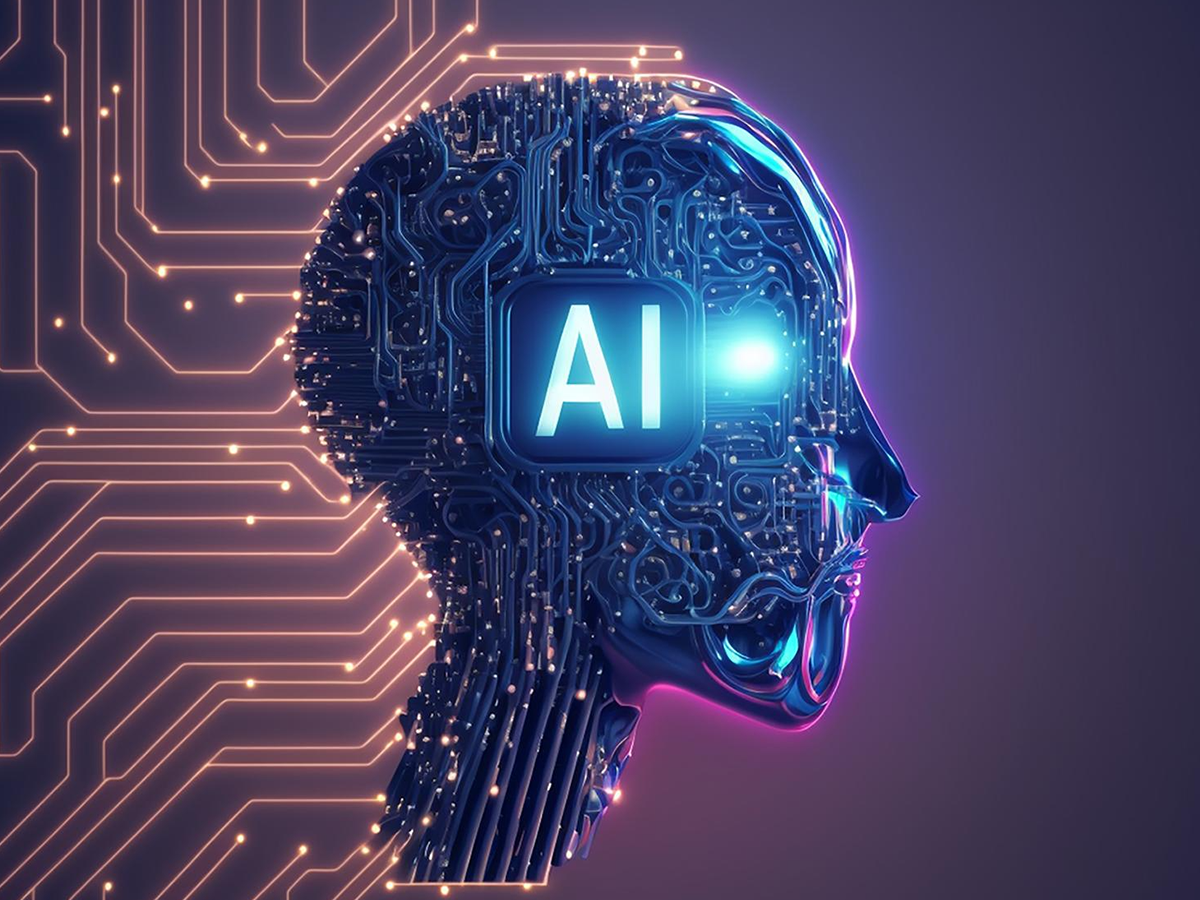The Power and Promise of Artificial Intelligence (AI)**
Introduction of AI
In the modern age of rapid technological advancement, few concepts have captured the imagination and potential of humanity like Artificial Intelligence (AI). AI, often referred to as the "intelligence of machines," has emerged as a transformative force that is reshaping industries, influencing daily life, and challenging the boundaries of human capability. This article delves into the essence of AI, its applications, ethical considerations, and its role in shaping the future.
**Defining Artificial Intelligence**
Artificial Intelligence refers to the creation of computer systems capable of performing tasks that typically require human intelligence. This encompasses a wide range of activities, from problem-solving and decision-making to understanding natural language, recognizing patterns, and learning from experience. AI systems can be broadly categorized into two types: Narrow or Weak AI, which is designed to perform specific tasks, and General or Strong AI, which would possess human-like cognitive abilities across a broad spectrum of activities.
**Applications of AI*
1. **Automation:** AI-driven automation is revolutionizing industries by streamlining processes, increasing efficiency, and reducing human intervention. Manufacturing, logistics, and data analysis are prime examples.
2. **Healthcare:** AI assists in diagnostics, drug discovery, personalized medicine, and even predicting outbreaks by analyzing vast medical datasets.
3. **Finance:** AI is used for fraud detection, algorithmic trading, risk assessment, and customer service in the financial sector.
4. **Retail:** AI powers recommendation systems, inventory management, and customer experience enhancement through chatbots.
5. **Transportation:** Self-driving cars, traffic optimization, and predictive maintenance owe their advancements to AI.
**Machine Learning: The Backbone of AI**
At the core of AI lies Machine Learning (ML), a subset that enables systems to learn and improve from experience. ML algorithms use data to recognize patterns, make predictions, and improve over time, playing a pivotal role in the success of AI applications.


